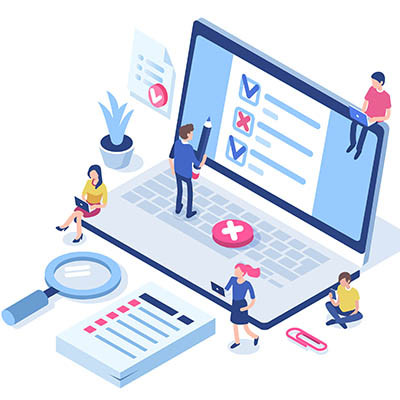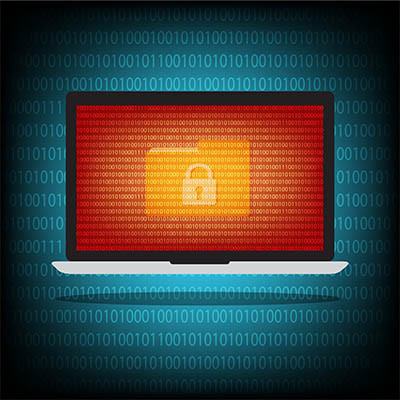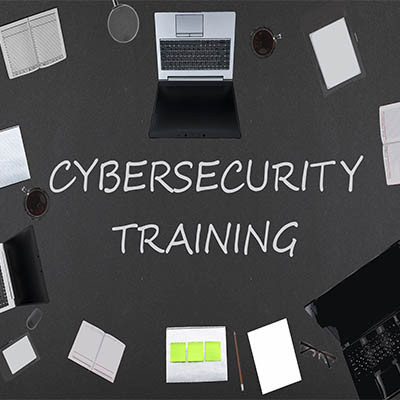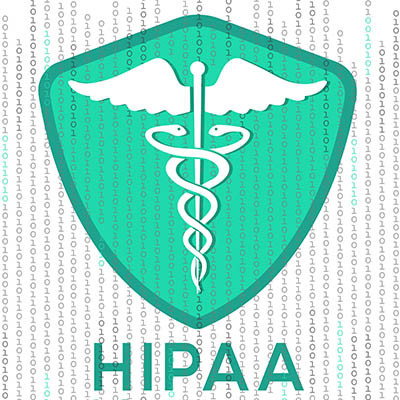A survey from Splunk and Enterprise Strategy Group indicates that organizations tend to invest a significant amount of their capital into cybersecurity. Even more interesting is that 88 percent of respondents in this survey reported that they would increase these investments, with 35 percent reporting that they will be substantial. What other insights can we glean from this survey?
Phantom Technology Solutions Blog
As is often the case with ransomware attacks, the situation with the Colonial Pipeline hack has grown more complex as more information regarding the attack has been discovered. Here are some of the major developments that you should keep top of mind in the wake of this devastating ransomware attack.
Your organization’s network security is dictated in part by your security solutions, but your employees also play a large role in maintaining it. If you want to make sure that your employees are not inadvertently putting your organization at risk, you need to ensure they are getting the proper security training. Here are a couple of ways you can make security training less like pulling teeth and more engaging for your employees.
Hackers are always taking advantage of others’ misfortunes, and they have even gone so far as to leverage the COVID-19 pandemic in efforts to launch phishing attacks. How have hackers utilized this worldwide disaster to their benefit, and what can we do to keep our organizations secure in this troubling time? Let’s find out.
Some industries have specific standards that must be met regarding data security and privacy. For healthcare and its related industries, you have HIPAA, the Health Insurance Portability and Accountability Act, which protects the privacy of patient records and requires that organizations maintain them in a specific fashion. To make this a bit easier is HITRUST, the Health Information Trust Alliance. How are these two intertwined and how do they make the privacy regulations in the United States easier to understand?








